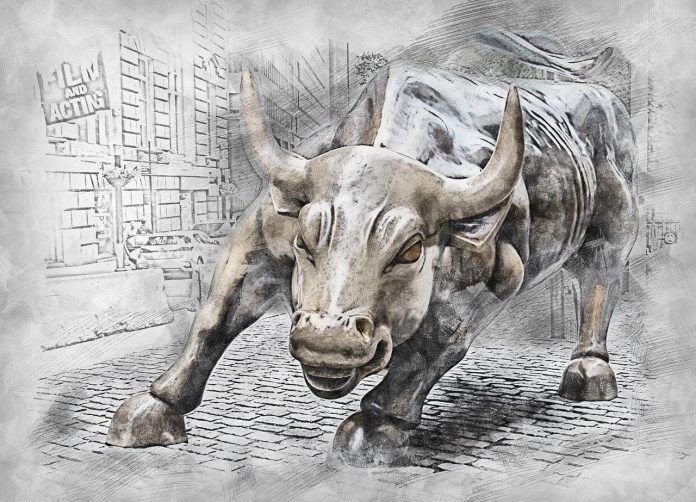US regulator warned that companies going public through special purpose acquisition companies (SPAC) deals must refrain from publishing misleading statements about their potential growth.
The Securities and Exchange Commission (SEC) called for additional investigation on revenue projections issued by companies going public via SPACs. The statements put out by such firms is “overstated at best, and potentially seriously misleading at worst” acting director of the agency’s corporation finance division John Coates said.
While the growth of SPACs has enabled early-stage startups to go public, they are still covered by federal securities rules. Coates said that in many cases companies striking deals with SPACs tout ambitious projections to the public about their growth, which in reality do not have revenues as projected, therefore, misleading investors.
Some of the companies making their public debut resulting from the merger have been advertising their plans to reach billions of dollars in annual sales within a few years, the report said. On surveying nine car tech groups that went public through a SPAC deal in 2020, the Financial Times reported that while they expected revenues of $139m that year, they projected a combined $26bn in revenues by 2024.
The main concern is that promoters believe they will face less legal liability than a traditional public offering.
The alternative to traditional initial public offerings, SPACs, are publicly traded shell companies that list on public stock exchanges to raise money for the purpose of buying other companies. After a firm merges with a target company, it gets the SPAC’s spot on a stock exchange, enabling it to sell shares to the public.
The SEC has been against SPACs citing misinformation to investors for some time now. In March, it warned retail traders to be wary of SPACs sponsored by celebrities.
Coates emphasised that the firms have obligations as they seek to identify an acquisition target and eventually take it public through another transaction known as a de-SPAC.
He said, “A de-SPAC transaction gives no one a free pass for material misstatements or omissions.
“All involved in promoting, advising, processing, and investing in SPACs should understand the limits on any alleged liability difference between SPACs and conventional IPOs. If we do not treat the de-Spac transaction as the ‘real IPO’, our attention may be focused on the wrong place, and potentially problematic forward-looking information may be disseminated without appropriate safeguards.”
SPACs struck de-Spac deals worth $172bn in the first quarter of 2021, which is more than a quarter of the total value of all merger and acquisition transactions during that period, proving that blank-check company deals are indeed gaining much popularity.
Copyright © 2021 FinTech Global











